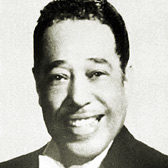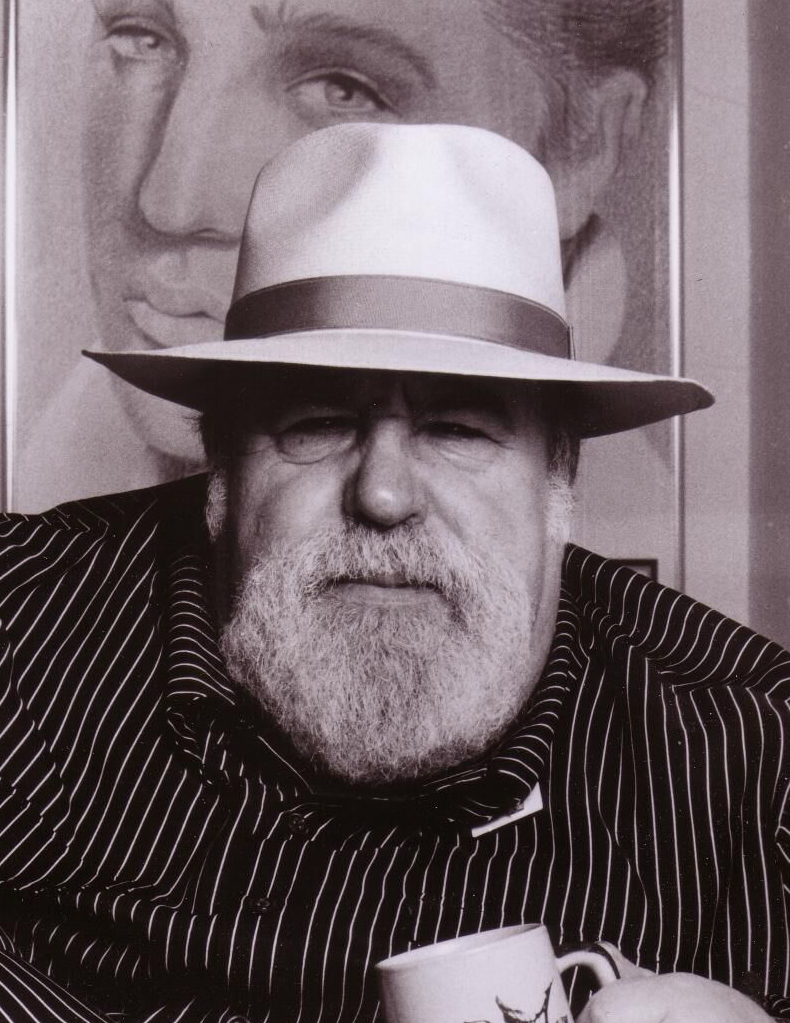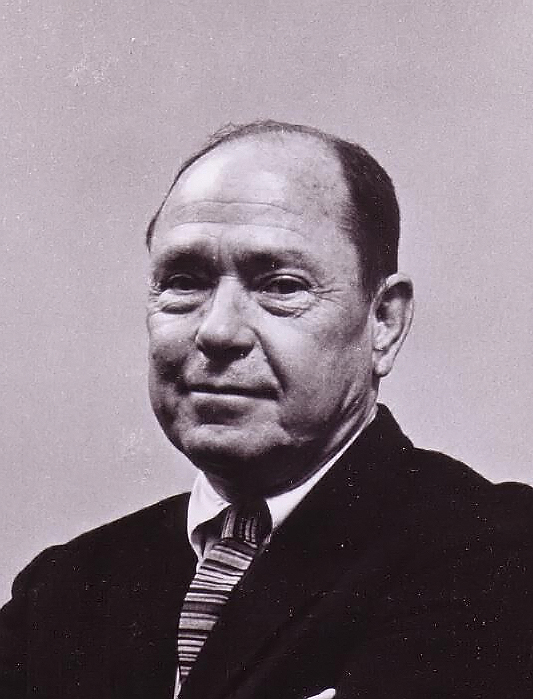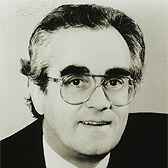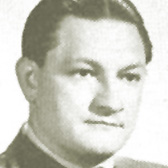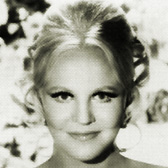
Songwriter, composer, lyricist, jazz and pop vocal sensation and actress
Peggy Lee
InducteeHer extensive catalog includes over 250 songs
Miss Peggy Lee’s 7-decade career as a recording artist and songwriter began in Jamestown, North Dakota in 1920. She was born with the name Norma Deloris Egstrom and began performing at the age of 14 with a local band, The Doc Haines Orchestra. The band performed live for local radio stations, including WDAY in Fargo, ND. The program director at WDAY admired Norma’s voice but not her name. “You look like a Peggy” he told her after an audition and promptly she was re-christened Peggy Lee.
Several years later, now a late teenager, Miss Lee was appearing at The Buttery, an exclusive supper club in the Ambassador West Hotel on Chicago's Gold Coast. One evening, Benny Goodman, in town for a date at The College Inn in the Hotel Sherman, at the urging of his wife, Alice, stopped by to catch the increasingly talked-about Peggy Lee. The next day he telephoned to ask her to join his band.
Miss Lee stayed with the Goodman entourage for two years, and in 1942, she recorded a Lil Green song, "Why Don't You Do Right (And Get Me Some Money Too)" with the band. At almost the same time, a fine guitarist, Dave Barbour, joined the Goodman Band. A year later, Lee and Barbour were married and left the band for good.
The two settled in Los Angeles, where Dave Dexter, who with Johnny Mercer founded Capitol Records, persuaded her to come out of her "retirement" to take part in a special compilation album, titled “New America Jazz,” which led to a full-blown solo career in records. Beginning in 1945, she recorded for Capitol the top ten songs “Waiting for the Train to Come In”, “I Don’t Know Enough About You”, “It’s a Good Day” and “Manana”.
In 1953, Miss Lee appeared in “The Jazz Singer”, performing her song “This is a Very Special Day.” And in 1955, she received an Academy Award nomination for her performance in the film, "Pete Kelly's Blues," starring Jack Webb. Also that year, Walt Disney asked her to write the lyrics for the animated characters in "Lady and the Tramp." Collaborating with Sonny Burke, she penned "Bella Notte," “The Siamese Cat Song," "He's A Tramp," “La, La, Lu” and “Peace on Earth.”
Following the completion of her contract run with Capitol, Miss Lee was signed by Decca Records where she remained for six years, returning to Capitol in 1958. At Decca, Lee produced the quintessential recording of “Fever,” perhaps her greatest recording and certainly one of the top songs to emerge from the early Rock N’ Roll period.
During the 1960’s, Miss Lee was highly active as a lyricist, writing songs with well-known collaborators. Among her best known tunes written during more than 40 years of songwriting are "I'm Gonna Go Fishin’", with Duke Ellington; "The Heart Is a Lonely Hunter," with Dave Grusin; "All for You," with Steve Allen; "Then Was Then (And Now Is Now)," with Cy Coleman and "What More Can a Woman Do" with Dave Barbour.
In 1969, Peggy Lee capped her Capitol Records career by recording the unique Leiber and Stoller song, "Is That All There Is?" whose lyrics created a major stir at the time. The then fledgling young music man, Randy Newman, did the arrangement in his distinctive style and the record not only became a major hit but also garnered a Grammy for "Best Contemporary Vocal Performance, Female."
In later years, Miss Lee found time to indulge her talents including painting and writing poetry. Many of her works hang in prominent galleries and in private homes. In addition to Barbour, Lee was married to actors Brad Dexter and Dewey Martin and percussionist Jack Del Rio.
Miss Lee's works on record have received 13 Grammy nominations and she has also received "The Pied Piper Award" from The American Society of Composers, Authors and Publishers (ASCAP); "The Presidents Award," from the Songwriters' Guild of America; "The Ella Award," from the Society of Singers for Lifetime Achievement; and the "Living Legacy Award," from the Women's International Center. Also bestowed on her was The Lifetime Achievement Award of the National Academy of Recording Arts and Sciences (NARAS).
Miss Peggy Lee died in January 2002. She is survived by her daughter, 3 grandchildren and 3 great-grandchildren.


